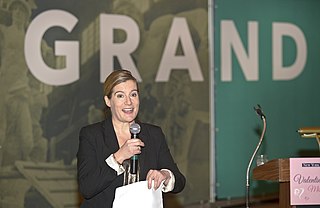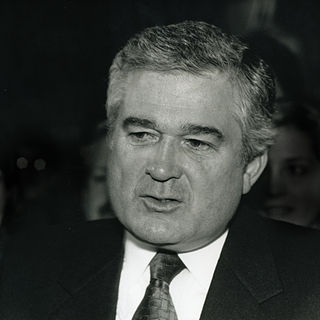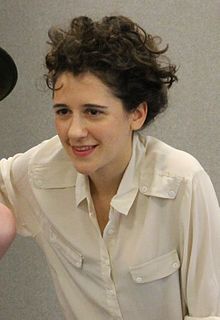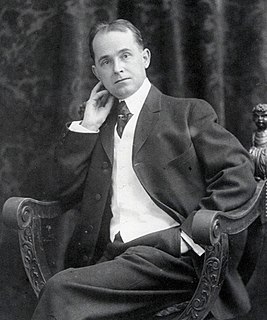A Quote by Bjarke Ingels
My drawing skills probably froze around when I was 18... Now I'm more interested in the story, how the drawings, the layout can help express the stories and communicate them.
Related Quotes
I simply couldn’t conceive of how devastating it would be not to be able to hear my children’s voices. Not to be able to communicate with them, to hear them learn, grow, and express themselves verbally. How fortunate, how blessed I am. This overwhelmed me. I can talk to my children, I can respond to their needs and comfort them when they tell me they are unwell. I can tell them stories and hear them tell theirs.
Great stories happen all around you every day. At the time they’re happening, you don’t think of them as stories. You probably don’t think about them at all. You experience them. You enjoy them. You learn from them. You’re inspired by them. They only become stories if someone is wise enough to share them. That’s when a story is born.
I wrote as a kid, but I never wanted to be a writer particularly. I had been drawing and painting for years and loved that. And I meditate, and one time when I was meditating, I started thinking, "Gee Gail, you love stories -- you read all the time. How come you never tell yourself a story?" While I should have been saying my mantra to myself, I started telling myself a story. It turned out to be an art appreciation book for kids with reproductions of famous artworks and pencil drawings that I did. I tried to get it published and was rejected wholesale.
We live in a world where bad stories are told, stories that teach us life doesn't mean anything and that humanity has no great purpose. It's a good calling, then, to speak a better story. How brightly a better story shines. How easily the world looks to it in wonder. How grateful we are to hear these stories, and how happy it makes us to repeat them.
Trans voices are really underrepresented, and trans stories are really underrepresented, and when they are presented, they're often reductive. I was interested in putting a trans person and a trans narrative on stage that didn't fall into cliché, that thought a bit more deeply about the experience of being trans, and how those issues tie into things that we all experience. How we tell the story of our lives, versus what might have actually happened, and how we communicate to our former selves. All of those questions were really interesting to me.
Remember on this one thing, said Badger. The stories people tell have a way of taking care of them. If stories come to you, care for them. And learn to give them away where they are needed. Sometimes a person needs a story more than food to stay alive. That is why we put these stories in each other's memories. This is how people care for themselves.
I didn't know how story worked. So, when writing the screenplay, people introduced me to the science of it. And I'm grateful. I'll probably use that information for the rest of my career, in terms of writing novels or writing stories. And then, of course, to help me live a better story, a more meaningful story
The principle factor in my success has been an absolute desire to draw constantly. I never decided to be an artist. Simply, I couldn't stop myself from drawing. I drew for my own pleasure. I never wanted to know whether or not someone liked my drawings. I have never kept one of my drawings. I drew on walls, the school blackboard, odd bits of paper, the walls of barns. Today I'm still as fond of drawings as when I was a kid - and that was a long time ago - but, surprising as it may seem, I never thought about the money I would receive for my drawings. I simply drew them.






































